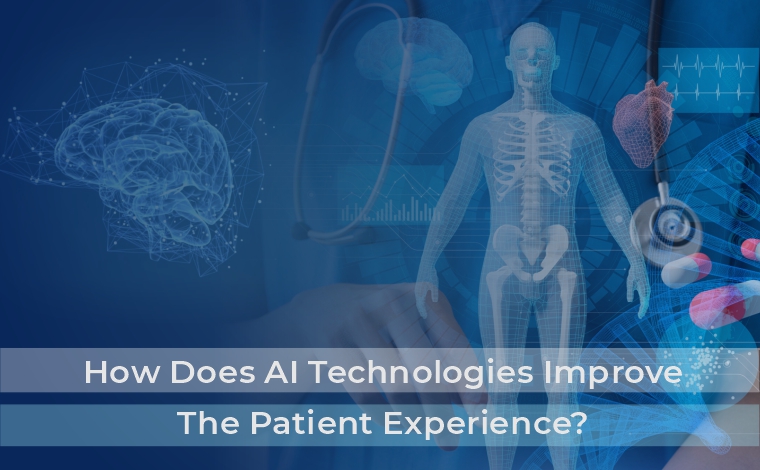


The integration of AI technology into healthcare is proving to be a game changer for both patients and practitioners. AI’s influence can be seen at every level of healthcare, from scheduling appointments and facilitating two-way automated communication to managing testing, diagnosis, and treatment processes. By enhancing patient touchpoints and establishing efficient communication channels, AI not only improves the experience but also fosters safe, proactive use of patient data. A recent study highlighted that in 2020, a staggering 83% of patients identified poor communication as the most frustrating aspect of their healthcare experience, underscoring the need for effective and consistent interactions between patients and providers.
The COVID-19 pandemic has sparked discussions about the feelings of disconnection and loneliness that have emerged globally due to social distancing. As we continue to navigate the implications of this pandemic alongside the advancement of AI, the technology is positively impacting the patient-provider experience. Automated patient communication and knowledge gathering help alleviate the burden of time-consuming tasks like appointment scheduling, sending reminders, managing no-shows, and processing payments. This newfound efficiency allows physicians to devote more time to nurturing trust and collaboration with their patients, which is essential for prioritizing patient well-being. When a strong relationship is formed, patients tend to take a more active role in their healthcare journeys, ultimately increasing their trust in their practitioners and adherence to treatment plans.
Furthermore, AI-supported virtual and telehealth services enable patients to complete essential healthcare tasks from the comfort of their homes, eliminating the time, costs, and inconveniences associated with travel—especially important for those living in remote areas. Tasks like filling out intake forms, conducting symptom checks, pre-screening for COVID-19, and submitting updated health information can now be done seamlessly from home with the help of AI. The technology allows for real-time sharing of information between patients and doctors, leading to better preparation and longer consultation times for virtual visits. Trust in the security of personal medical information is paramount for patients, and AI’s ability to store extensive new and historical data enables it to respond to a patient’s needs more effectively. By simplifying and accelerating communication, diagnosis, and treatment, AI directly influences the quality of care that patients receive.
As AI continues to evolve and integrate into healthcare communication and information processing, its impact on patient and provider experiences will only increase. We’re at the beginning of unlocking the potential of AI to create more robust healthcare systems, ensuring that the essence of human connection is preserved and fostered amongst healthcare providers.